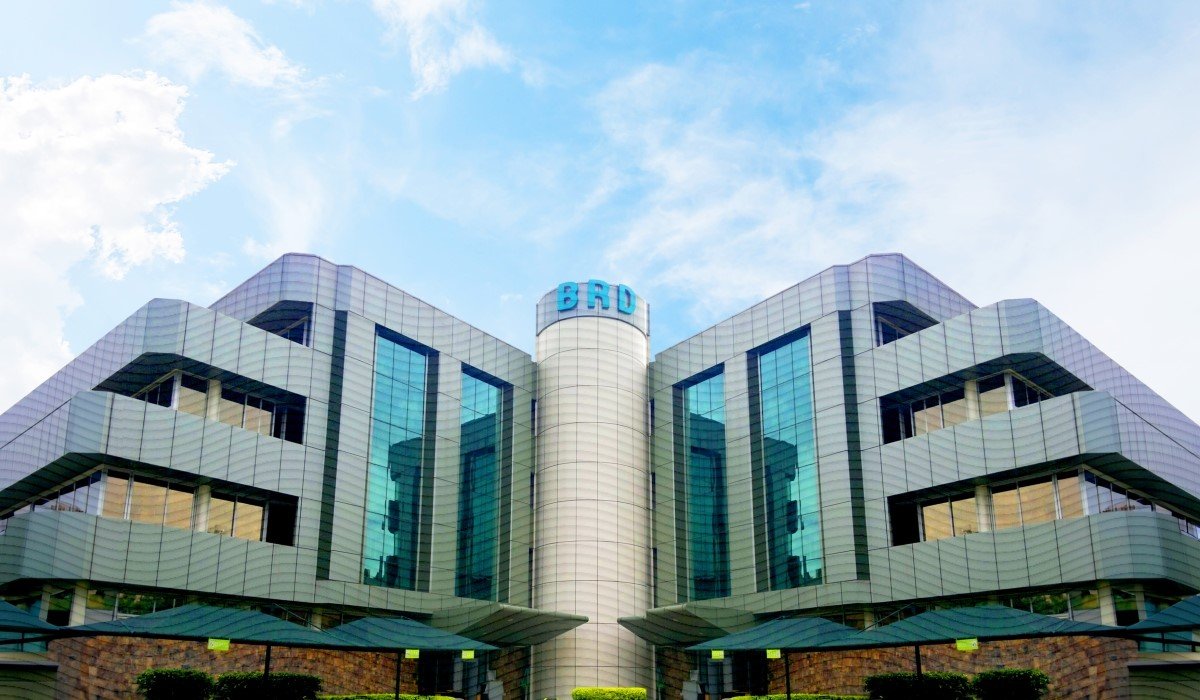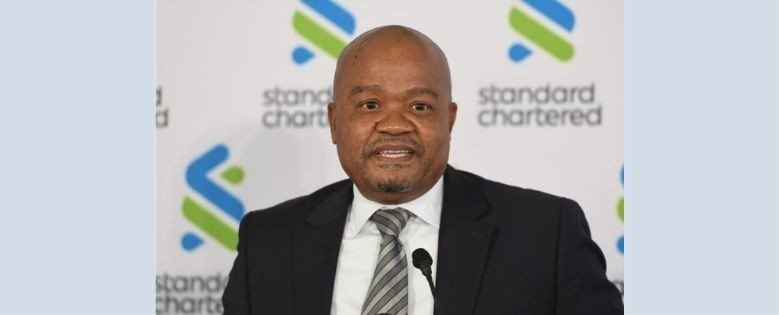

BRD, World Bank Partner to Issue First SDG Bond in East Africa
The introduction of the Sustainability Linked Bonds (SLBs) through local capital markets is expected to completely alter the regional financial landscape. By leveraging private funding with IDA/World Bank concessional finance, this innovative initiative aims to improve access to finance for Rwandan SME’s in the post-pandemic era.
Through this bold approach, The Development Bank of Rwanda (BRD) is diversifying its resource mobilization instruments while aligning with its strategic objectives of fostering sustainable economic development in a context of rising interest rates. This will be an inaugural bond issuance for BRD.
The sustainability linked bond program will be built on BRD’s commitment to a specific and measurable framework, emphasizing the bank’s commitment to Sustainable Development Goals (SDGs).
BRD CEO Kampeta Sayinzoga highlights the importance of unlocking private sector financing, stating, “reaching SDGs will not be possible without tapping into private sector financing in an innovative way, this is a requirement to close the existing financing gap and propel economic growth in a sustainable way.”
The World Bank has approved an additional financing for Hatana-Economic Recovery Fund (Access to Finance for Recovery and Resilience Project) a credit of $20 million which will support BRD’s issuance program over the medium term. This concessional funding will act as a credit enhancement facility for the SLB issuance program. The planned issuance program will be in local currency which further shields BRD from foreign exchange risks connected with borrowing in foreign currencies.
BRD envisions the sustainability linked bond issuance as an ongoing opportunity to diversify its sources of finance, contributing to its long-term financial stability. This strategic move positions Rwanda as a regional frontrunner in leveraging concessional finance to mobilize private capital. It effectively exemplifies how concessional lending from international financial institutions can be leveraged to scale up and fast-track SDGs implementation at the national level.
This simple and innovative approach could be replicated in other markets as it empowers development banks to raise additional financing without compromising on their mandate to provide long-term affordable finance to the private sector.















